Carlos Moreno and 15-Minute City win 2021 Obel Award
The 2021 Obel Award announces its winners: scientist Carlos Moreno and his revolutionary architectural and urban planning concept, the 15-Minute City

Revolutionary urban planning model-turned-movement the 15-Minute City, as created by Franco-Colombian scientist Carlos Moreno, has scooped the 2021 Obel Award. The prize, awarded annually and now for the third time, went to the concept, which advocates for a more liveable and sustainable future in our cities. Moreno, who is an associate professor at University of Paris 1 Panthéon-Sorbonne, has not only been made a Knight of the French Legion of Honour for his impressive theory, instigating thought and discussion in the architecture realm; but his model has actually started being implemented in cities including Paris, Chengdu, and Melbourne.
The 15-Minute City concept seems disarmingly simple – yet is in practice quite complex. The brief outlines the redesign of urban hubs in a way that all residents can have access to all facilities and resources to cover their main daily needs within a 15-minute walk or bike ride. This covers anything from housing to work, food, health, education, culture and leisure, and aims at greatly reducing car traffic and CO2 emissions in cities.
‘We live today in unbreathable cities, cities with stress that are totally unsustainable. We need to transform our mobility. We need to change our urban lifestyle,' Moreno has said.
Carlos Moreno on 15-Minute City and Obel Award
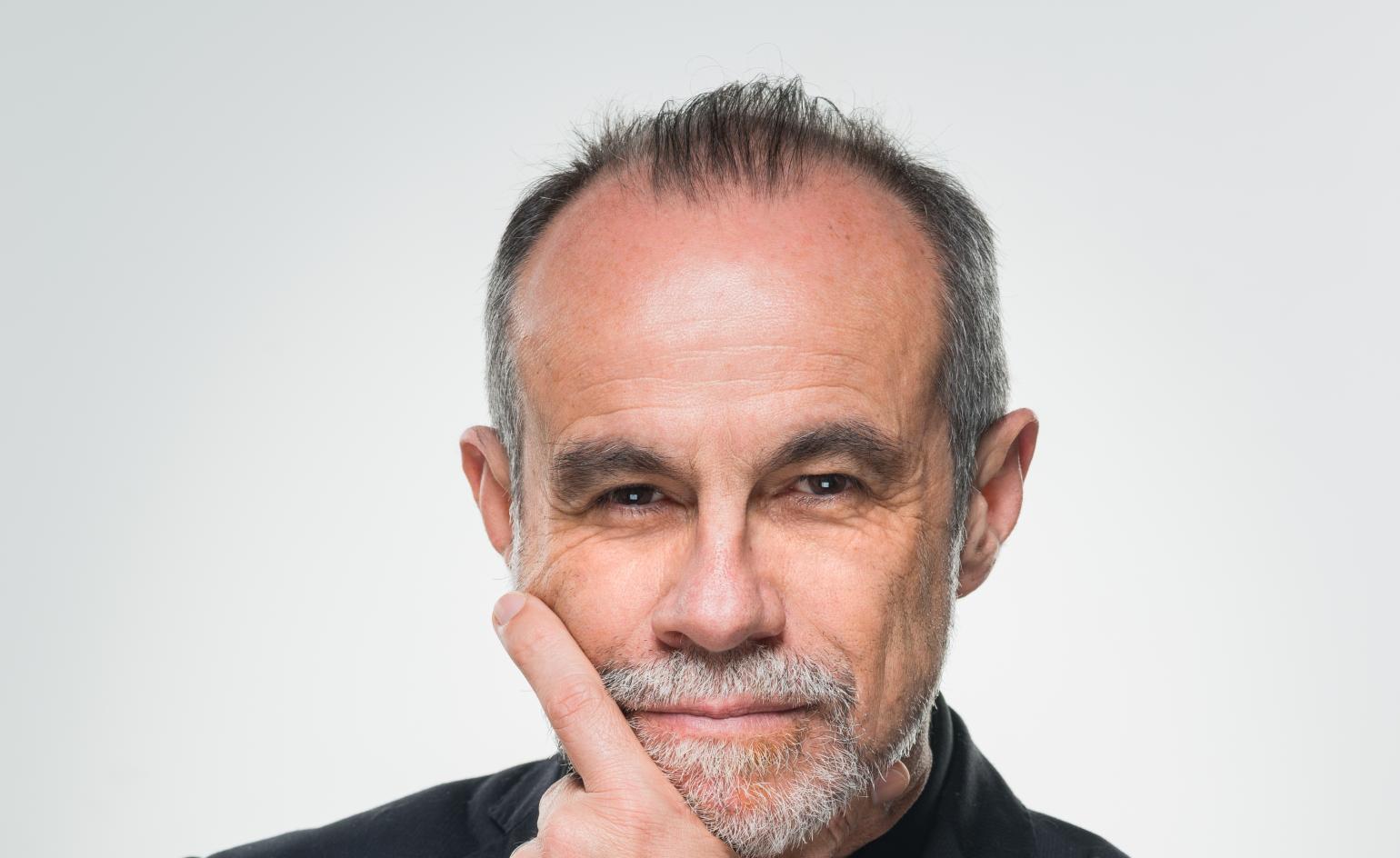
Portrait of scientist Carlos Moreno
The award jury was made up of leading figures in the architecture industry, including landscape architect Martha Schwartz, architects Kjetil Trædal Thorsen, Louis Becker and Xu Tiantian, and academic Dr Wilhelm Vossenkuhl. Apart from the Obel Award's international recognition, which helps advance the cause of the improvement of our built environment worldwide, Moreno is also presented with a bespoke trophy created by artist Tomás Saraceno, as well as a prize of €100,000. Previous winners are Anna Heringer in 2020 and Junya Ishigami in 2019.
‘I want to thank the jury for giving me this award,' says Moreno. ‘In my opinion, it is in fact a triple recognition: on the one hand, it is a recognition of my academic work, but secondly, it is a recognition of the international movement generated by the 15-Minute City. And thirdly, it is a recognition of the commitment by different mayors around the world in embracing the 15-Minute City.'
The model was first proposed about five years ago, and while it may initially have seemed a near-utopian concept, given the complexity and sprawl in modern cities, it has received a growing, international following – with the public, but also crucially among mayors around the world who sat up and took notice, incorporating it into their plans. Now, especially in the current pandemic context, where many of us are striving for a finer work-life balance, which can be achievable through technology and good design, and in the light of the climate emergency of the 21st century, projects like the 15-Minute City seem more relevant than ever.
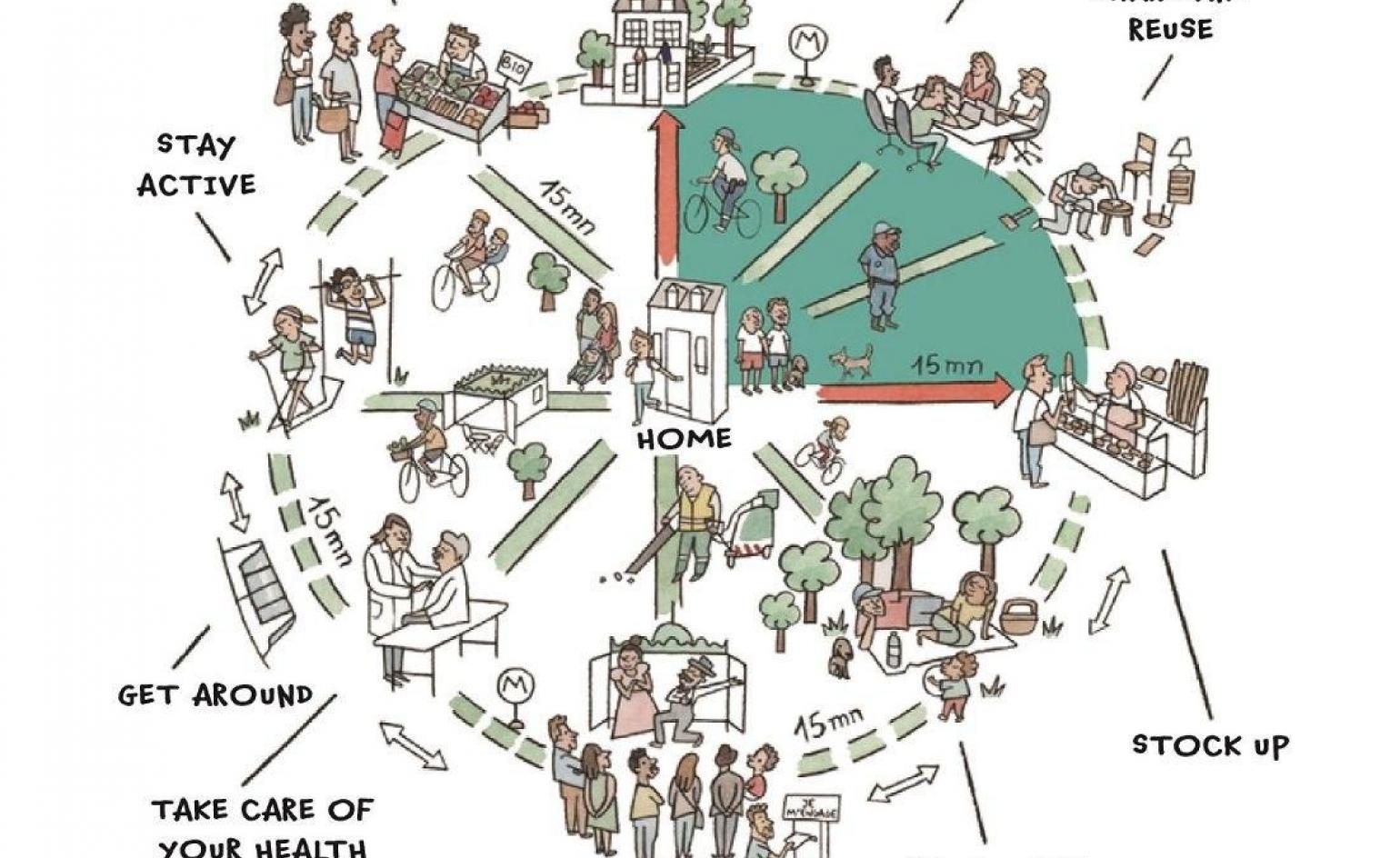
The 15-Minute City, Paris.
INFORMATION
Wallpaper* Newsletter
Receive our daily digest of inspiration, escapism and design stories from around the world direct to your inbox.
Ellie Stathaki is the Architecture & Environment Director at Wallpaper*. She trained as an architect at the Aristotle University of Thessaloniki in Greece and studied architectural history at the Bartlett in London. Now an established journalist, she has been a member of the Wallpaper* team since 2006, visiting buildings across the globe and interviewing leading architects such as Tadao Ando and Rem Koolhaas. Ellie has also taken part in judging panels, moderated events, curated shows and contributed in books, such as The Contemporary House (Thames & Hudson, 2018), Glenn Sestig Architecture Diary (2020) and House London (2022).
-
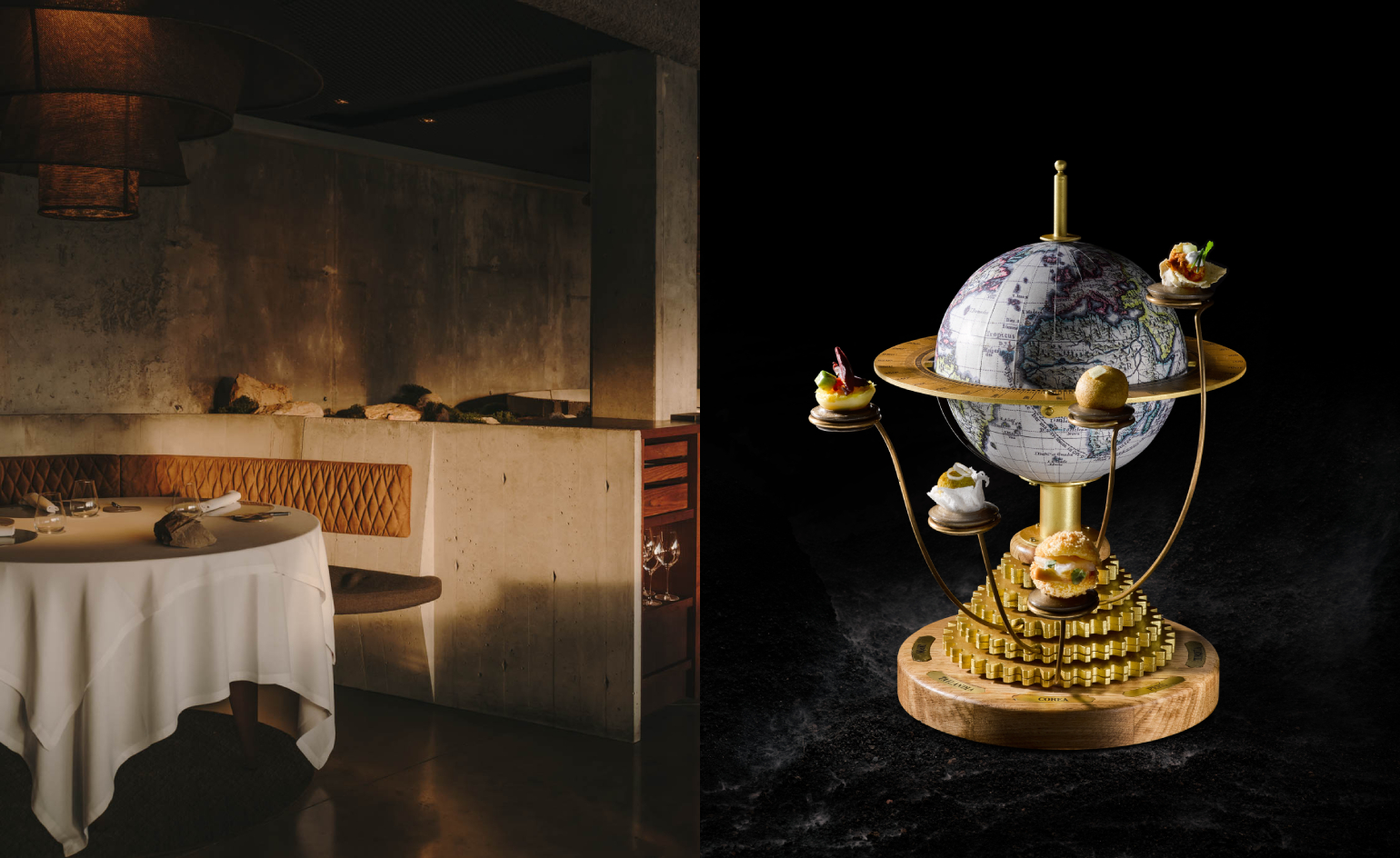 Esperit Roca is a restaurant of delicious brutalism and six-course desserts
Esperit Roca is a restaurant of delicious brutalism and six-course dessertsIn Girona, the Roca brothers dish up daring, sensory cuisine amid a 19th-century fortress reimagined by Andreu Carulla Studio
By Agnish Ray Published
-
 Bentley’s new home collections bring the ‘potency’ of its cars to Milan Design Week
Bentley’s new home collections bring the ‘potency’ of its cars to Milan Design WeekNew furniture, accessories and picnic pieces from Bentley Home take cues from the bold lines and smooth curves of Bentley Motors
By Anna Solomon Published
-
 Asus chose Milan Design Week as the springboard for its new high-end Zenbooks
Asus chose Milan Design Week as the springboard for its new high-end ZenbooksMilan Design Week 2025 saw Asus collaborate with Studio INI to shape an installation honouring the slimline new Zenbook Ceraluminum Signature Edition laptop series
By Craig McLean Published
-
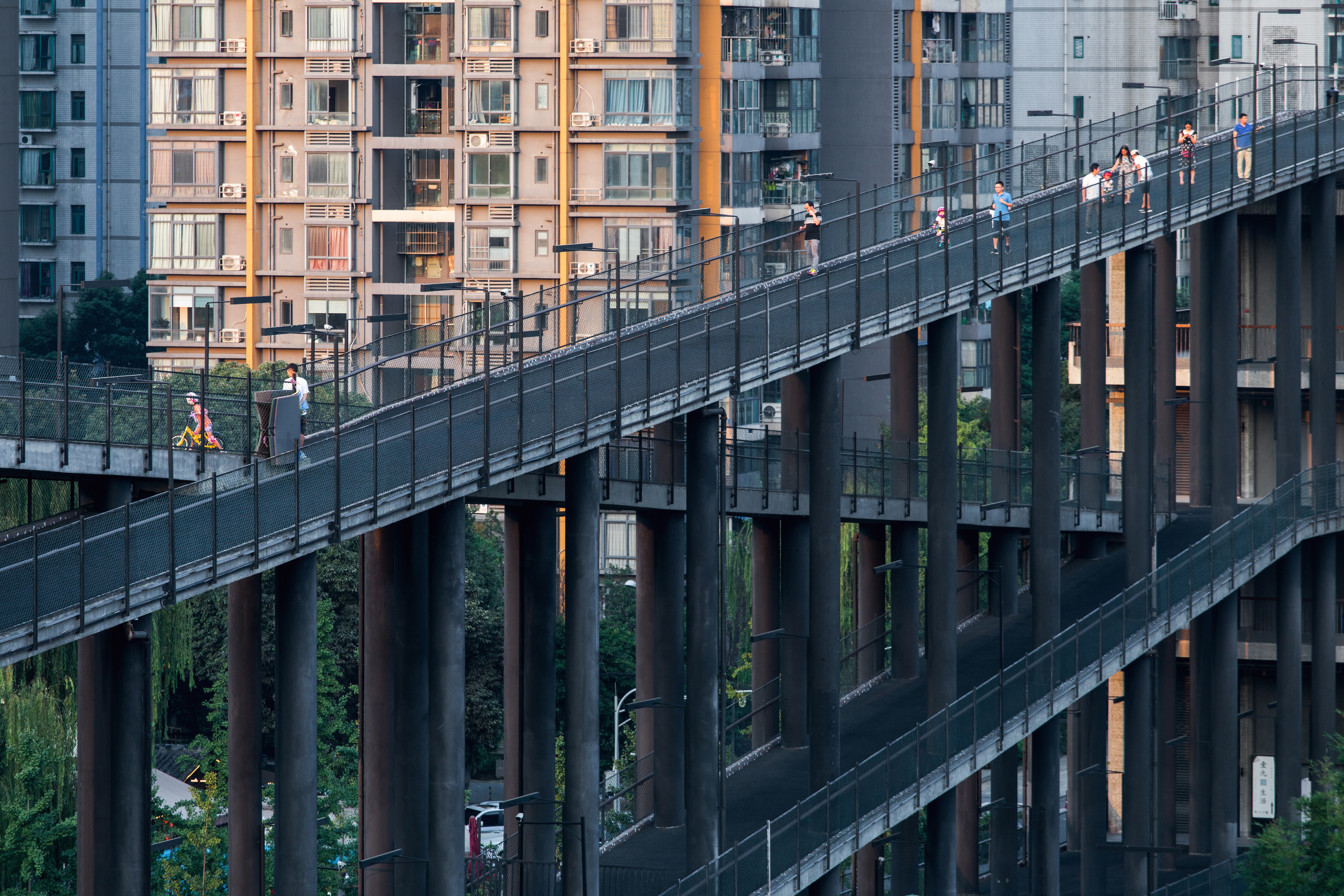 Liu Jiakun wins 2025 Pritzker Architecture Prize: explore the Chinese architect's work
Liu Jiakun wins 2025 Pritzker Architecture Prize: explore the Chinese architect's workLiu Jiakun, 2025 Pritzker Architecture Prize Laureate, is celebrated for his 'deep coherence', quality and transcendent architecture
By Ellie Stathaki Published
-
 Young Climate Prize 2025 winners: the creatives designing for a better tomorrow
Young Climate Prize 2025 winners: the creatives designing for a better tomorrowThe winners for the Young Climate Prize 2025 cycle by The World Around have been announced, crowning a new generation of changemakers; we go behind the scenes and reveal the process and winners
By Ellie Stathaki Published
-
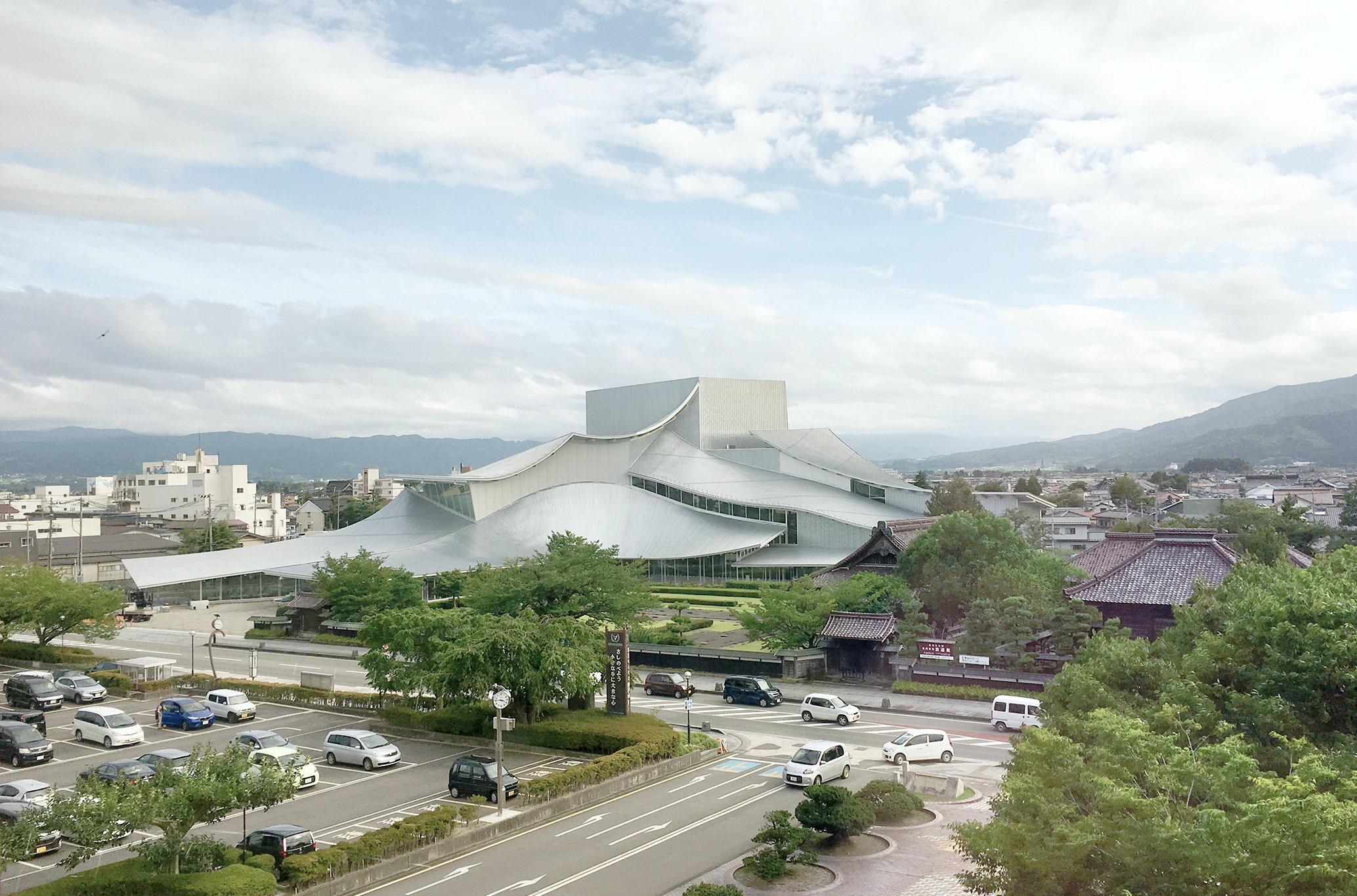 And the RIBA Royal Gold Medal 2025 goes to... SANAA!
And the RIBA Royal Gold Medal 2025 goes to... SANAA!The RIBA Royal Gold Medal 2025 winner is announced – Japanese studio SANAA scoops the prestigious architecture industry accolade
By Ellie Stathaki Published
-
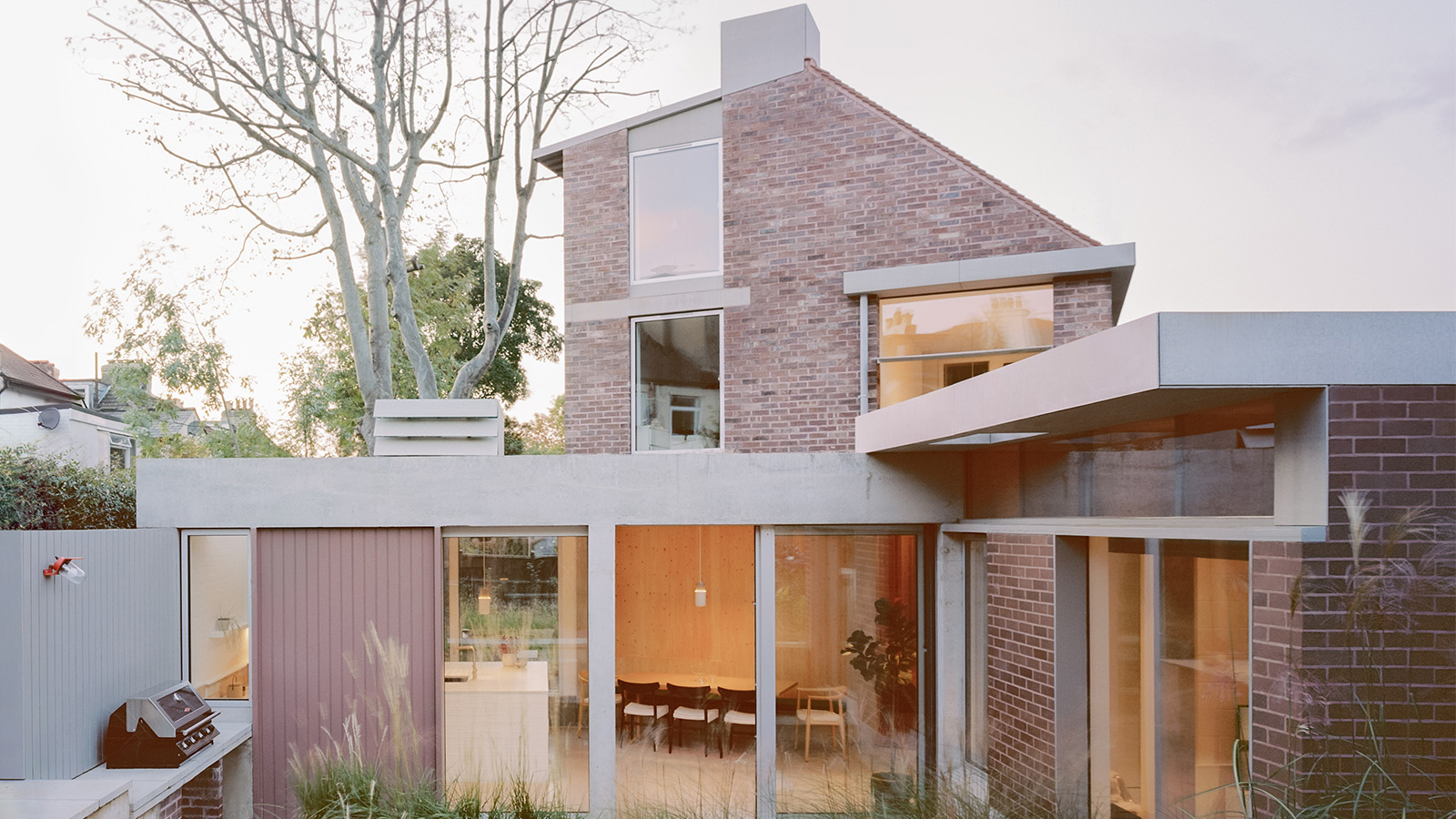 The RIBA House of the Year 2024 winner is a delightful work in progress
The RIBA House of the Year 2024 winner is a delightful work in progressThe winner of the RIBA House of the Year 2024 is Six Columns in south London – the home of architect and 31/44 studio co-founder William Burges
By Ellie Stathaki Published
-
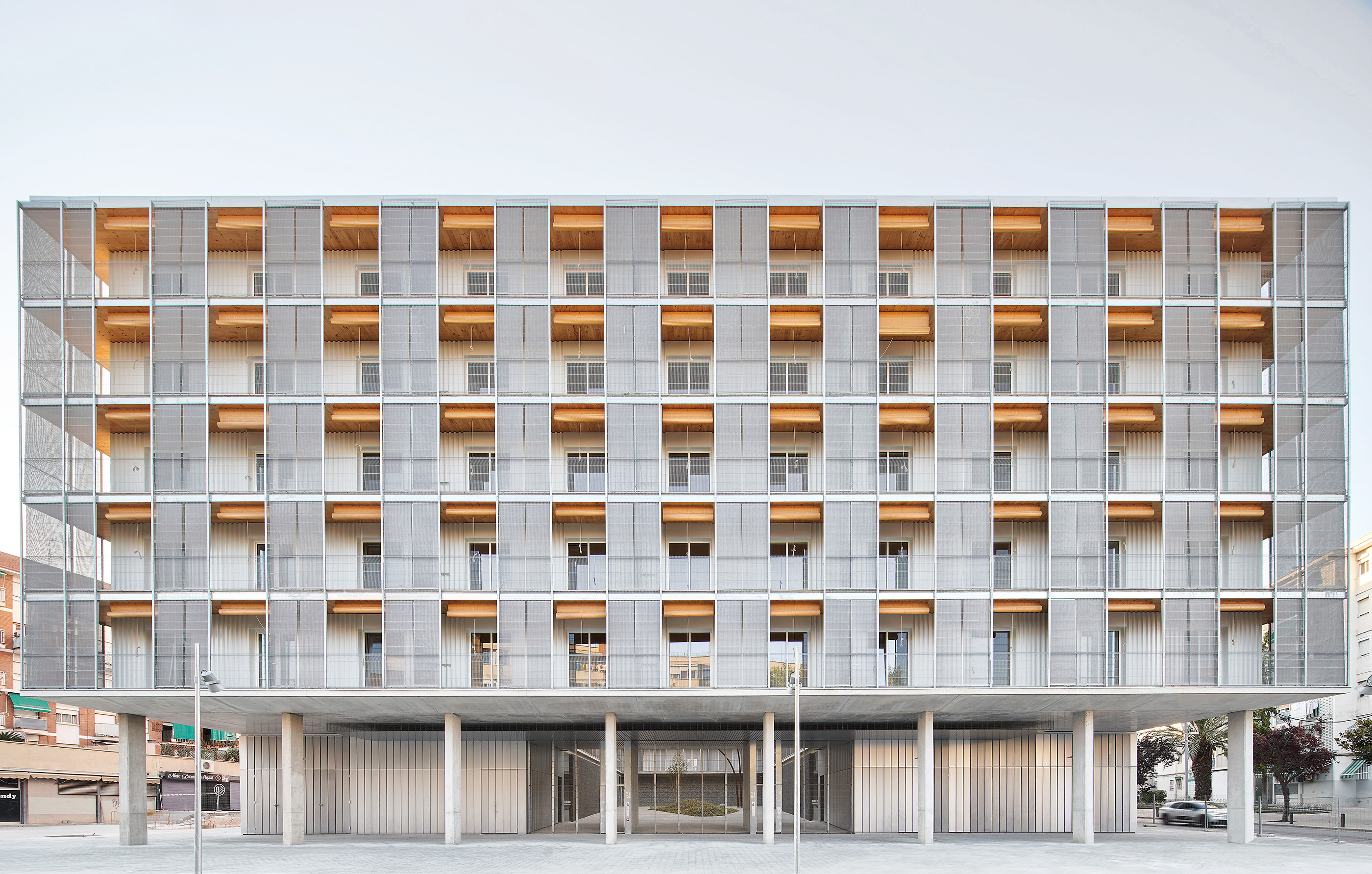 RIBA International Prize 2024 goes to 'radical housing' in Barcelona
RIBA International Prize 2024 goes to 'radical housing' in BarcelonaRIBA International Prize 2024 has been announced, and the winner is Modulus Matrix: 85 Social Housing in Cornellà, designed by Peris + Toral Arquitectes in Barcelona
By Ellie Stathaki Published
-
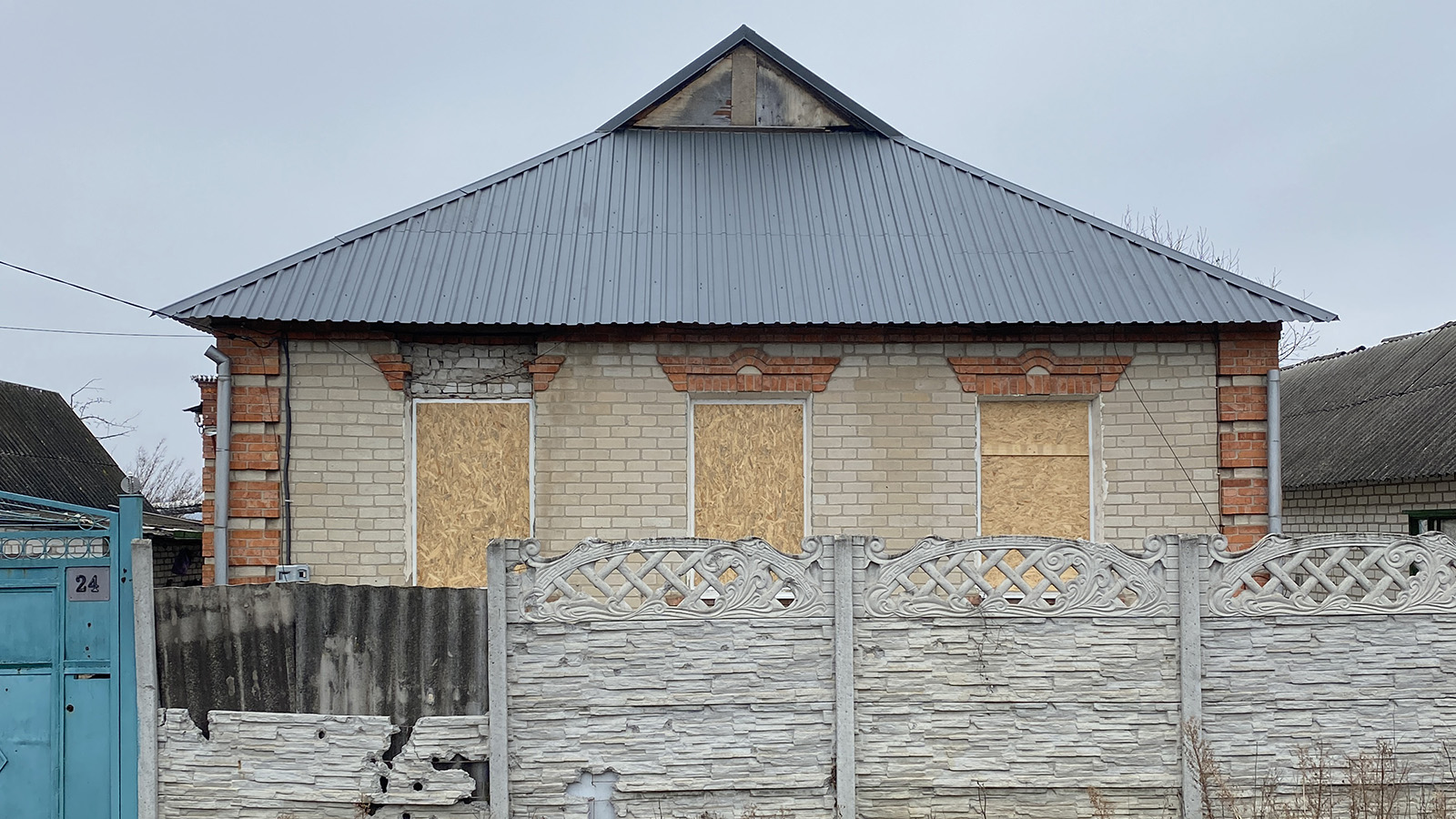 Meet the 2024 Royal Academy Dorfman Prize winner: Livyj Bereh from Ukraine
Meet the 2024 Royal Academy Dorfman Prize winner: Livyj Bereh from UkraineThe 2024 Royal Academy Dorfman Prize winner has been crowned: congratulations to architecture collective Livyj Bereh from Ukraine, praised for its rebuilding efforts during the ongoing war in the country
By Ellie Stathaki Published
-
 RIBA House of the Year 2024: browse the shortlist and pick your favourite
RIBA House of the Year 2024: browse the shortlist and pick your favouriteThe RIBA House of the Year 2024 shortlist is out, celebrating homes across the UK: it's time to place your bets. Which will win the top gong?
By Ellie Stathaki Published
-
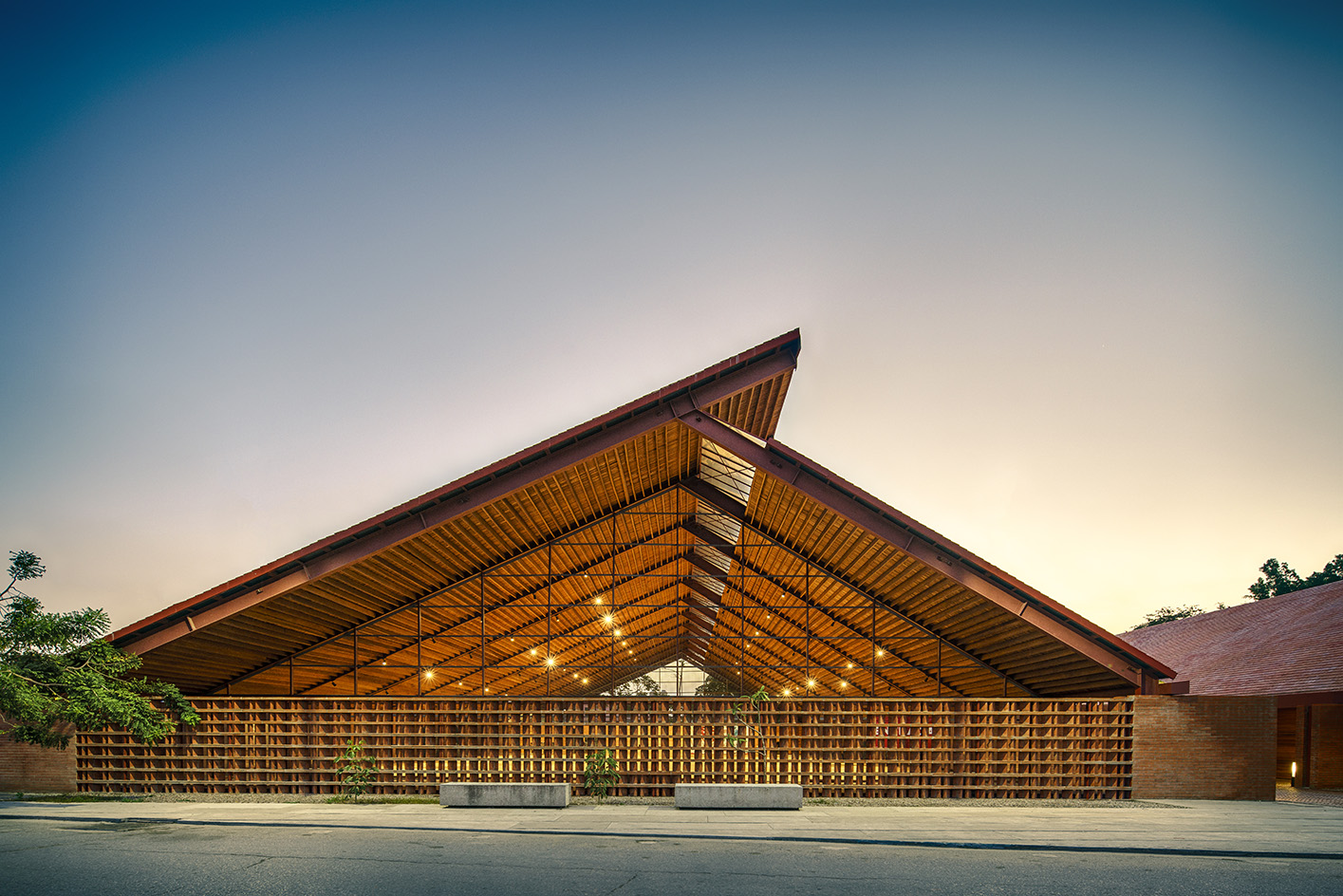 2024 Obel Award goes to 36x36 by Colectivo C733 in Mexico
2024 Obel Award goes to 36x36 by Colectivo C733 in MexicoThe 2024 Obel Award winner has been announced, crowning 36x36 by Colectivo C733 in Mexico as this year's recipients
By Ellie Stathaki Published